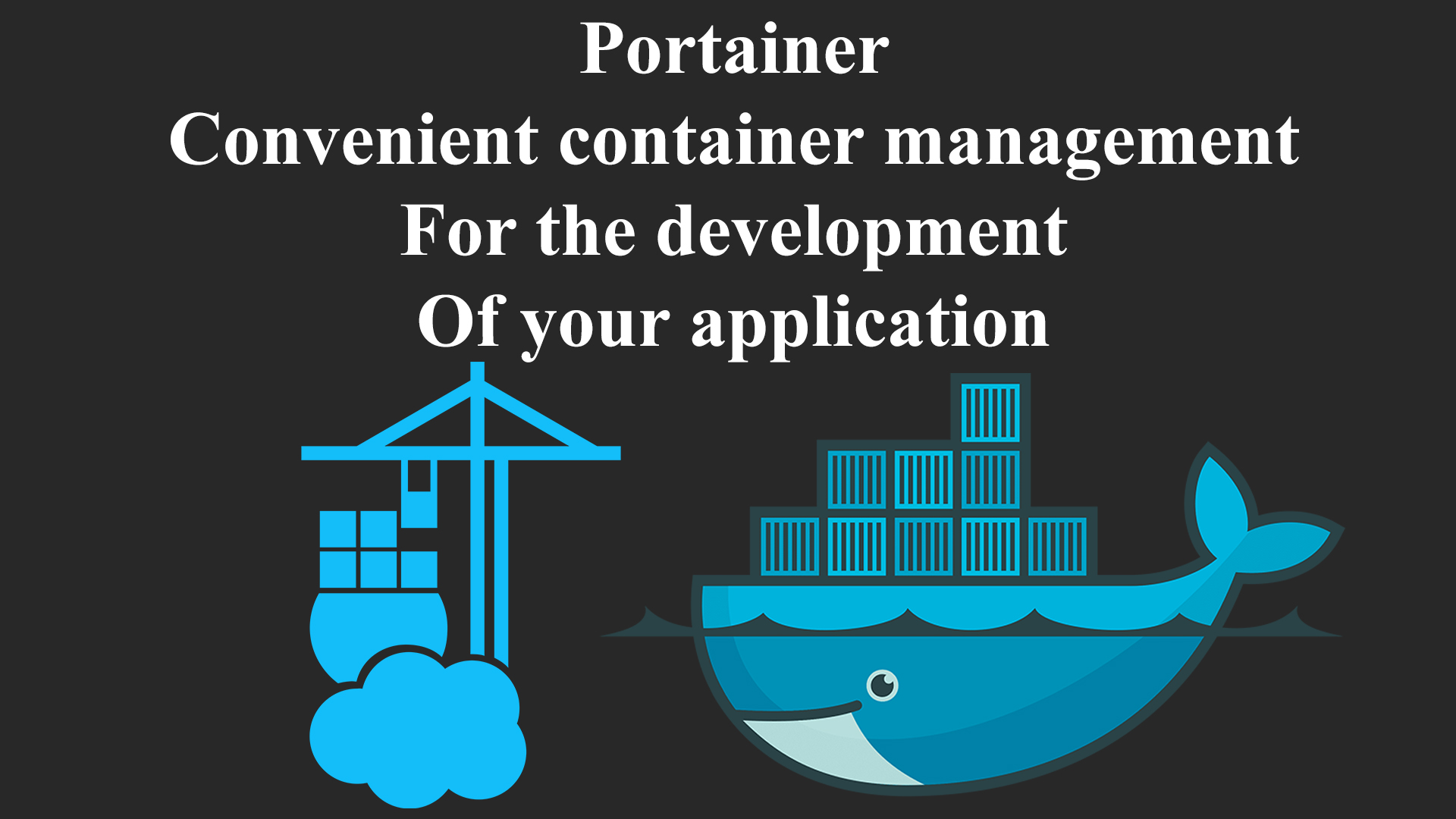Portainer: Convenient container management for the development of your application

Introduction
Portainer is an intuitive web interface for managing Docker containers. It provides a simple and convenient way to visually monitor and manage the Docker environment, allowing developers and administrators to effectively manage their containers and create more flexible and scalable applications. In this article, we will look at why a Portainer is needed, its advantages and disadvantages, as well as its application areas.
Why do I need a Portainer
Portainer provides a user-friendly interface for managing Docker containers. It simplifies the process of deploying, monitoring and scaling your applications, allowing you to:
- Visual Management: Portainer provides a graphical interface that allows you to easily view and manage containers, images, networks, and other Docker elements.
- Simple setup: You can easily configure and customize the Portainer to suit your needs by selecting authentication options, data stores, and other settings.
- Monitoring and Logging: Portainer provides information about the operation of your containers, including resource usage, event logs and network information, which helps you monitor and optimize the performance of your application.
- User and Role management: You can easily manage user access and assign various roles to control and secure your Docker environment.
Advantages of Portainer
- Ease of use: Portainer provides an intuitive interface that makes management Docker containers are accessible even for beginners.
- Flexibility: Portainer is compatible with various platforms and cloud providers, allowing you to manage containers in different environments.
- Scalability: Portainer allows you to manage multiple Docker nodes and clusters, providing the ability to scale your application.
- Extensibility: Portainer provides APIs and plugins that allow you to extend its functionality and integrate it with other tools and systems.
Disadvantages of Portainer
- Limited features: Portainer may not be sufficient for more complex and specific scenarios that require advanced Docker features.
- Dependency on Docker API: Portainer is completely dependent on the functionality of the Docker API, so its operation may be limited by the capabilities of Docker itself.
Where Portainer is used: Portainer can be used in various scenarios and areas, including
- Application Development and Testing: Portainer simplifies the deployment and testing of applications in containers, allowing you to quickly create and manage containers.
- Production Environment Management: Portainer can be used to manage containers in a production environment, providing control and monitoring of your applications.
- Cloud environments: Portainer is compatible with various cloud providers, which allows you to manage containers in a cloud environment.
Conclusion
Portainer is a powerful Docker container management tool that facilitates the process of deploying and managing applications. With it, you can easily manage containers, monitor their operation and extend the functionality of your Docker environment. Regardless of whether you are a developer or an administrator, Portainer provides you with an intuitive and flexible way to manage containers for the development of your applications.

